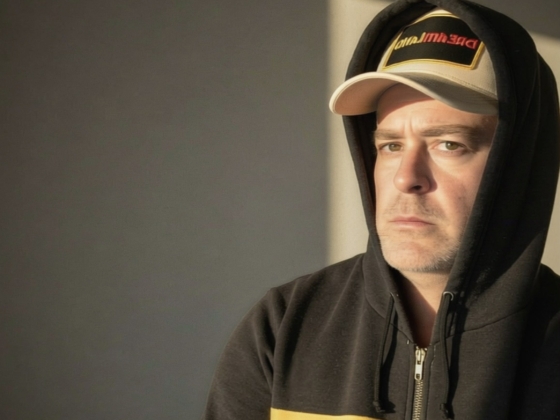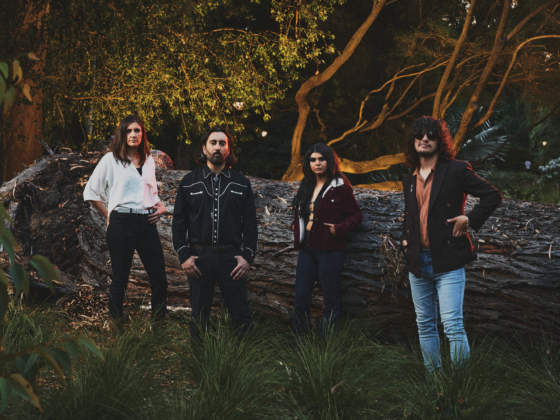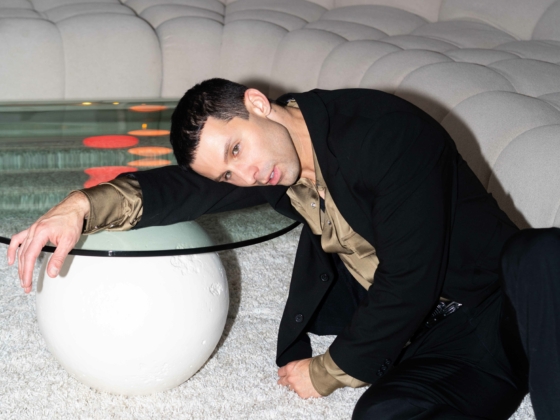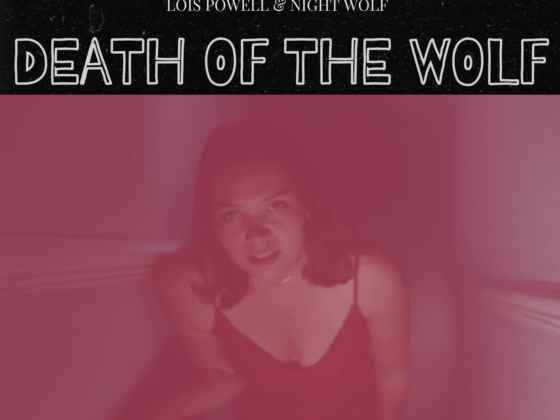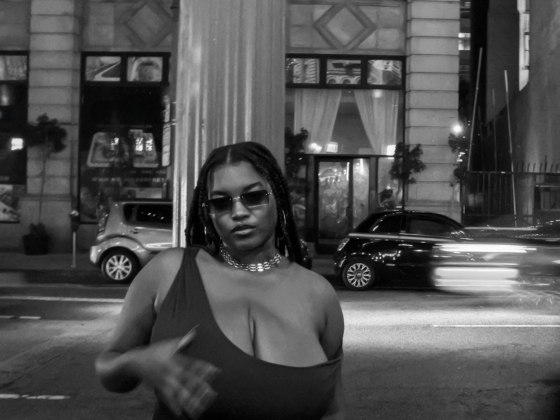There's something profoundly beautiful when artists demonstrate genuine versatility across projects. It's even rarer when they risk abandoning the sound that brought them worldwide acclaim. This is precisely what Rosalía accomplishes with LUX, released November 7, 2025, via Columbia Records. After breakthrough album El Mal Querer and the genre-defying MOTOMAMI, the Spanish artist returns with something that isn't just another album or experiment; it's a journey, a lesson, sometimes even a prayer.
LUX represents Rosalía breaking boundaries and reshaping the entire pop field through profound risk-taking. She flirts with church music, choral arrangements, and classical rhythms while never forgetting her roots. It's as if she's contained the entire music industry within her symphony, creating an earthquake that delivers metaphorical slaps to every listener willing to engage.
The scope is breathtaking: Rosalía sings in fourteen different languages across the album's eighteen physical tracks (fifteen on digital editions). As she explained in an NPR interview, years of traveling and exposure to different cultures have shaped her worldview: "I exist in the world and the world exists within me. My favorite art it's where it's a little bit blurry — the personal and the universal." In Rosalía's hands, the cliché that music has no language becomes a genuine truth.
The album was recorded with the London Symphony Orchestra under conductor Daníel Bjarnason, with multiple arrangements by Caroline Shaw. The orchestral foundation isn't decoration, but it's integral to how these songs function emotionally and structurally.
The opening track immediately establishes the symphonic classical universe. Rosalía sings in her native Spanish, "Who could live between the two / First love the world, then love God," exploring territories of being and religion that will define the album's spiritual journey.
"Reliquia" showcases her amazing vocals and classical training. Here she discusses her travels, taking listeners to Rome, Granada, Marrakech, and beyond. The song functions as both travelogue and internal monologue, mapping geography onto emotional states.
On "Porcelana," she sings in Latin and Japanese, positioning herself as a prophet channeling ancient worlds through modern contexts. Biblical lines have never sounded so natural in pop music. The album achieves something rare: making listeners feel things from the past and future simultaneously, embracing nostalgia and strangeness equally.
"Mio Cristo Piange Diamanti" represents a major milestone where Rosalía breaks the fourth wall entirely. This classical-based ballad finds her singing entirely in Italian—a language that took her a full year to master for this single track. As she revealed to NPR, the song honors her grandmother, who loved Pavarotti: "She would always be singing while she was washing dishes… She would say, you know, how could you study flamenco? The real deal, for her, it was classical music and classically trained voices. I was like, one day I'm going to make a song that my grandma is going to be like, okay, now you got it." Her fluent multilingual delivery culminates in an outro where she declares, "That's gonna be the energy," setting the tone for everything that follows.
Then arrives "BERGHAIN," possibly 2025's best song. Orchestral lines support Rosalía using the famous Berlin nightclub as a metaphor for exploring love, loss, and grief. "His fear is my fear / His anger is my anger / His love is my love / His blood is my blood," she sings before Björk's appearance adds precisely the aggressiveness the song requires. About collaborating with Björk, Rosalía told the New York Times' Popcast: "She is my favorite woman and artist". Björk's cathartic lyrics about divine intervention as the only salvation create circles of hope before Yves Tumor's outro—the only voice that could fit this moment so perfectly.
"La Perla" finds Rosalía joining forces with Yahritza y su Esencia, an American band specializing in regional Mexican music. Here, her rage becomes unmeasured as she releases everything held back for too long. The irony cuts deep when she sings "A walking red flag, a huge disaster / He'll say it wasn't him, it was his doppelgänger."
Rosalía's signature ability—transforming flamenco into modern pop without losing either genre's essence—remains fully intact on "La Rumba del Perdón" and "Dios Es Un Stalker." These tracks prove that even while exploring symphonic grandeur, she hasn't abandoned the rhythmic DNA that first defined her artistry. The flamenco palmadas (handclaps) and guitar flourishes exist comfortably alongside orchestral swells, creating dialogue between traditions rather than choosing sides.
"La Yugular" provides another highlight showcasing her remarkable musical intelligence. She sings in Arabic—later explaining she struggled with the language but loved the whole journey. The lyrics achieve pure poetry: "I occupy the world / And the world occupies me / I fit in a haiku / And a haiku occupies a country."
"Magnolias" serves as a perfect album closure. After exploring death throughout the album, she finally reaches salvation. The journey completes as she ethereally sings "Throw magnolias at me," describing her own funeral in masterful literary form. LUX's final words are: "I, who come from the stars / Today I turn into dust / To return with them."
From the very first note, Rosalía and listeners search for final salvation. Whether we achieve it remains ambiguous, but LUX itself offers paths toward freedom, airiness, and happiness. Where MOTOMAMI functioned as a non-stop dance machine, LUX becomes a long-awaited gift requiring minute-by-minute experience.
The album explores lyrical themes of "feminine mystique, transformation, and transcendence," with songs inspired by both Rosalía's romantic relationships and her relationship with God. Each language's lyrics correspond to the life of a different female saint, creating a conceptual framework that elevates personal confession into universal meditation. The risk here deserves emphasis. Rosalía could have delivered another MOTOMAMI-style album and satisfied audiences completely. Instead, she spent two to three years creating something that challenges both herself and listeners.
LUX confirms Rosalía as one of contemporary music's most fearless innovators. As an artist who understands that genuine artistic evolution requires abandoning what's proven successful to pursue uncharted territories. This album won't be everyone's entry point to her work, but it represents her most complete artistic statement: ambitious, spiritual, multilingual, and utterly transcendent.



